Family and Gender: Changing Values in Germany and India
Synopsis
Both family and gender are topics that have been discussed and debated at length. However, in recent years there has been a growing recognition that the two need to be studied together in order to understand their interdependence. Keeping this in mind, the contributors to this volume concentrate on four major propositions: In the same way that gender cannot be culled directly from the biological sex, the concept of family does not follow ‘naturally’ from the ties of blood but involves a cultural construction, It is no longer valid to regard the family as an anthropomorphic entity which plans and acts ‘with one voice’, its good being the good of every single member of the family, but necessary to see it as a space not only of harmony, but also of power relations. This involves a consistent gendering of the family and a reading of the traditional images of the family with a regard sharpened by gender awareness, Far from being a private refuge protected from the onslaught of political forces, the family is decisively shaped by society and the state. The distribution of functions between the family and other social institutions is open to constant negotiation. To sharpen our understanding of the interaction of normative images of the family and social reality, it is necessary to focus on the margins of the family and to investigate those forms of living which either refuse to correspond to the traditional notion of the family or which are, for social or economic reasons, denied access to this model. These themes are dealt with in the four corresponding sections of the volume, the first covering the social history of the family; the second concentrating on images and symbolic practices; the third emphasising the interaction between the family and the state; and the last stressing the fault lines of the family. An important feature of this volume is that it brings together perspectives from Germany and India, which together ‘de-naturalise’, ‘de-biologise’ and ‘de-mythologise’ the concept of family within the medium of gender. Exploring important themes relating to both gender and family and their interface, and providing a unique cross-cultural perspective, this volume will be of interest to scholars and students in the fields of gender studies, family studies, sociology, social anthropology, political science and cultural studies.
Read more
28.50
25.65
$
30.00 $
Free delivery Wolrdwidе in 10-18 days
Ships in 2-4 days from New Delhi
Membership for 1 Year $35.00
Get it now and save 10%
Get it now and save 10%
BECOME A MEMBER
Books by the same authors
-

Pluralism and Equality: Values in Indian Society and Politics
-

Middle-Class Values in India and Western Europe
-

Divorce and Remarriage among Muslims in India
-
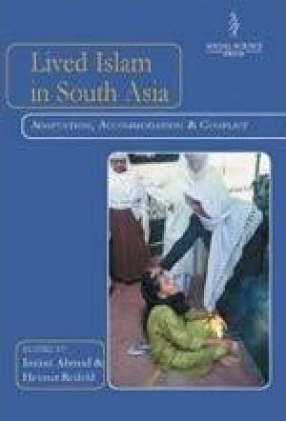
Lived Islam In South Asia: Adaptation, Accommodation And Conflict
-

The Value of Nature: Ecological Politics in India
-

Peace as Process: Reconciliation and Conflict Resolution in South Asia
-
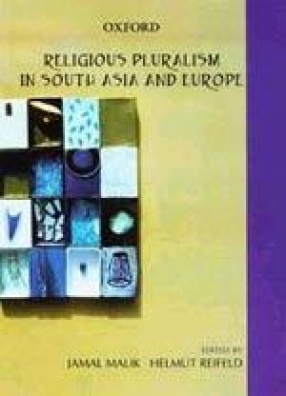
Religious Pluralism in South Asia and Europe
-

The Passing of Patrimonialism: Politics and Political Culture in Hyderabad 1911-1948
-
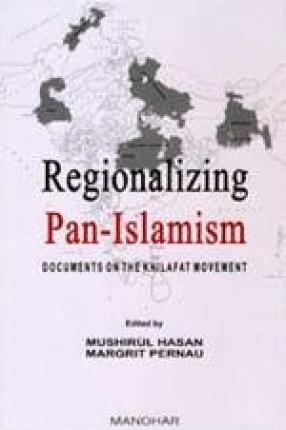
Regionalizing Pan-Islamism: Documents on the Khilafat Movement
-

Information and the Public Sphere: Persian Newsletters from Mughal Delhi
-
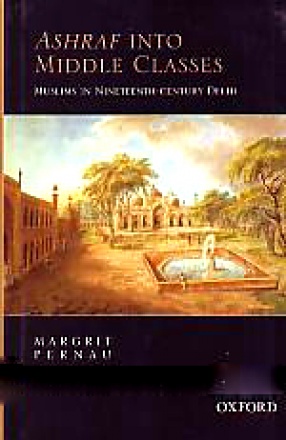
Ashraf Into Middle Classes: Muslims in Nineteenth-Century Delhi



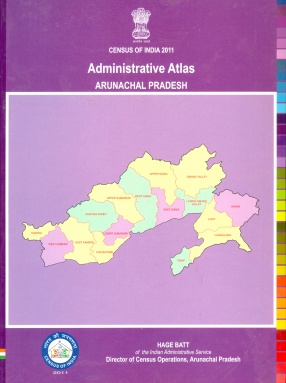
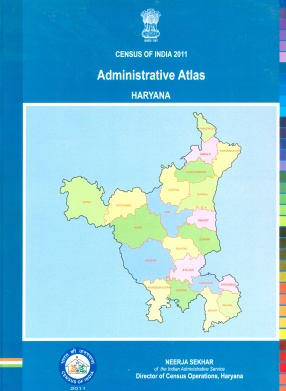
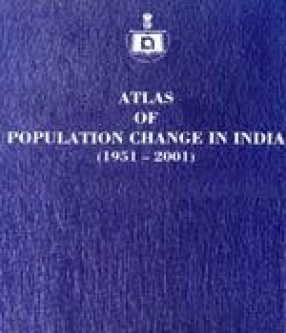

Bibliographic information
Helmut Reifeld
Margrit Pernau